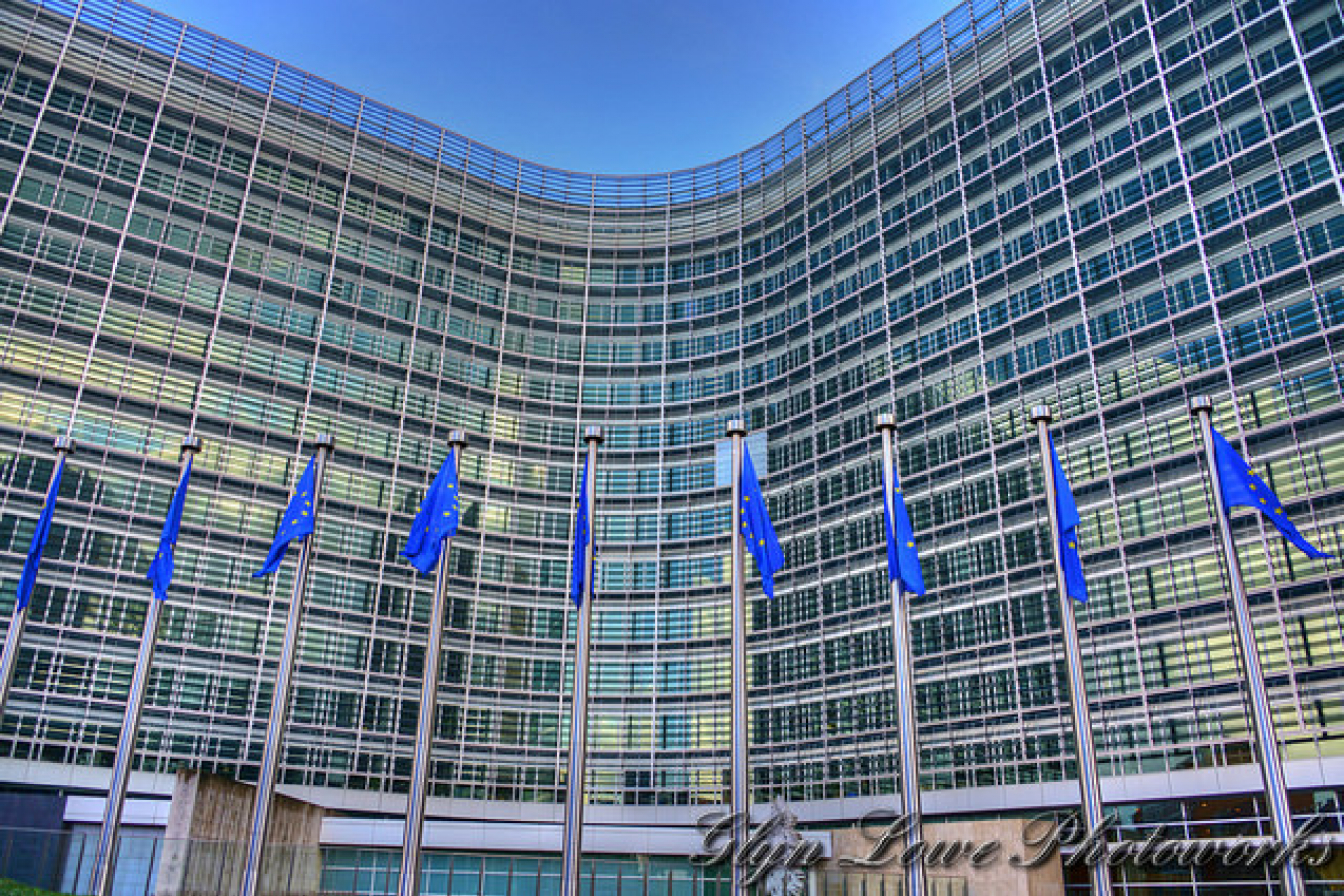Support migrant centric journalism today and donate

In a potentially bold move by Brussels to claim the moral high ground during Brexit negotiations with the UK, earlier this year President of the European Commission (EC), Jean-Claude Juncker has announced that the EC is considering covering the expected £72 application cost for EU nationals seeking to settle in Britain, post-Brexit.
Sanwar Ali workpermit.com comment:
Perhaps of greater concern is the high refusal rate for EU citizens applying for indefinite leave to remain. Surely, this shows bias in the system since the Brexit vote. The Home Office should be impartial and fair when deciding on UK visa applications. However, this does not seem to happen.
After Brexit or some long transitional period will EU citizens have to come under the overly complicated, bureaucratic and expensive tier 2 sponsorship licence and tier 2 visa system. If so this is likely to cause considerable damage to the UK economy and make life difficult for a lot of people.
Unfortunately some Government Agencies or those being sponsored by a Government Agency may be breaking EU Law. If you have any complaints you can submit complaints to the European Commission using their complaint form. We have also found that an organisation sponsored by the Home Office have been involved in racially discriminatory practices. The Equality and Human Rights Commission may be able to help.
The proposals, currently being discussed at the ‘highest levels of the EC’ according to a report in The Guardian, come in response to Britain’s threat to charge a £72 application fee for EU nationals seeking so-called UK ‘settled status’ also known as indefinite leave to remain.
Those applying for indefinite leave to remain in the UK must demonstrate five years’ continuous residence in Britain and pass a criminal record check. It’s understood that Juncker has expressed sympathy with the idea that Brussels could cover application fees should the UK fail to make a more generous offer during further negotiations this year.
Juncker to discuss charges with Theresa May
EU sources claim that Juncker, during a meeting of the European Parliament’s Brexit steering group, said that he would personally address the issue of application fees with UK Prime Minister, Theresa May. However, he did concede that Brussels may be forced to fund the costs via the EU budget.
According to The Guardian report, UK and EU negotiators are currently locked in talks over a number of ‘loose ends’ that remain following the first-phase of discussions, with issues over citizens’ rights, financial settlements and the Irish border, still to be settled.
A draft treaty, which will piece together the agreements covering the three first-phase issues into legal language, is set to be published in the coming weeks.
Family of five could face £360 ILR application costs
In November 2017, Guy Verhofstadt, the European parliament’s Brexit coordinator warned David Davis, the UK’s Brexit secretary that a family of five could face a bill amounting to £360 because of the UK government’s planned application fees for settled status.
Verhofstadt described the cost as a ‘very significant amount for a family on a low income.’
Meanwhile, it’s expected that full details of the UK’s new, online application process will be disclosed within days. The government has said that application charges will not exceed the cost of a passport for the majority of applicants.
It’s understood that EU nationals who already hold UK permanent residence status will not be subjected to additional fees when switching to ‘settled status.’ Applicants who are refused will be allowed to appeal, while the Home Office has stated that its ‘default position’ would be to grant settled status applications.
Home Office staffing crisis
There are reports emerging that the Home Office is struggling to staff UK immigration departments in order to cope with an increase in applications. In 2017, Home Secretary Amber Rudd informed MPs that up to 700 extra UK immigration caseworkers had been hired, while a further 500 are expected to be recruited by April this year.
However, ‘experts’ claim that the numbers recruited fall drastically short of the number needed to cope with demand.
The number of EU nationals, out of the three million currently residing in the UK, likely to pursue settled status is unclear. According to The Guardian report, the numbers could be inflated as a result of eastern and central EU member states insisting that the terms of the withdrawal agreement on citizens’ rights should apply to those who arrive in the UK right up until the end of the transition period, which is likely to be 31 December 2020 at the earliest.





















